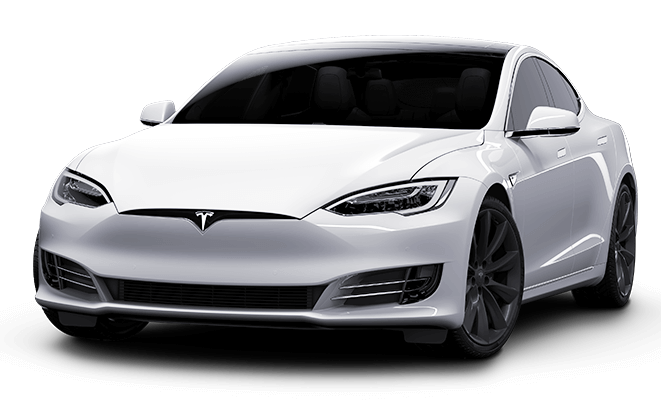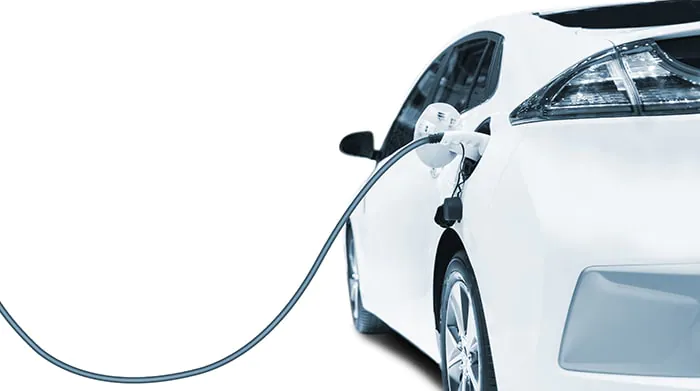Electric Vehicles FAQ
Electric cars are becoming viable competitors for gasoline cars. Almost all automakers now offer one or more electric vehicles or are about to launch them. Several independent electric vehicle makers appeared seemingly overnight to challenge both Tesla and more traditional automakers.
Battery technology is constantly improving and electric vehicles are becoming more affordable. Charging networks have grown across the country, making daily driving and long-distance trips with electric vehicles possible, although not entirely convenient.
If you’re thinking of buying an electric vehicle or just want to know everything, we’ve compiled this list of frequently asked questions and done the research to answer them for you. Here you will find everything you need to know about electric cars.
Types of electric vehicles: – BEVs, PHEVs, HEVs, and FCEVs.
Electric Vehicles FAQ : The Answers to All Your EV Questions
Here are the Electric Vehicles FAQ : The Answers to All Your EV Questions.
1. What is the true story of electric vehicle Range? | Electric Vehicles FAQ
For electric vehicles, the range is the most important criterion. It depends on whether you can make it to the next public charging point, cover your commute, or get stuck on the side of the road. EPA rates are as sufficient for electric vehicles as they are for gasoline-powered cars.
2. How does electric vehicle charging work? | Electric Vehicles FAQ
Navigating the world of electric vehicles is like traveling to a foreign country for the first time. It can be disconcerting until you become familiar with the local customs. To live comfortably with an electric vehicle in India, you need to know the ins and outs of charging: how charging stations work, how to buy the electricity to charge your electric vehicle battery, and where to find these charging stations across the country.
3. What electric vehicles have the greatest autonomy? | Electric Vehicles FAQ
How far will it go? This is the biggest question that anyone considering an electric vehicle wants an answer to. It’s a generally accepted fact that most electric cars can’t go as far on a single charge as most gas-powered cars on a full tank. And electric vehicle batteries cannot be refueled in the five minutes it takes to fill a car at a gas station. So, when you’re thinking about buying an electric vehicle, you’ll want to know what options you have, starting with range.
4. How do electric vehicle tax credits work? | Electric Vehicles FAQ
The electric vehicle Tax Credits are non-refundable federal tax credits available to buyers of vehicles equipped with a battery-powered system that draws power from an external power source. In other words, they rate both fully electric vehicles and plug-in hybrids. The federal government has been offering a $ 7,500 loan since 2010, and most electric vehicles from automakers are still eligible. The credits earned depend on a variety of factors and are used to reduce the taxes you owe in a given year. They can drive the price of an electric vehicle down a lot, so you need to know how to order and get one.
How to Compare Electric Vehicles: EV Buyer’s Guide
5. How long does it take to charge an electric vehicle? | Electric Vehicles FAQ
Whether you plan to use your electric vehicle for daily local trips or long walks around the state, your charging time will have an impact on your life. Recharging an empty battery takes much longer than refilling your car’s gas tank. But how much time is left incomplete charging of battery? And why does it differ depending on where one wants to charge it?
5. Can I buy a CPO-EV? | Electric Vehicles FAQ
Each Certified Pre-Owned Vehicle, SUV, or Truck offers numerous benefits, from an extended factory warranty to repairing defects before a participating dealer sells the vehicle.
6. Is it more expensive to own and operate an electric vehicle than a normal car? | Electric Vehicles FAQ
EV enthusiasts will tell you that EVs are cheaper to own and operate. Electric skeptics will counter the premium price of many electric vehicles. To answer the question of whether an electric vehicle can save you money, you need to examine the data and compare the cost of purchasing and operating an electric vehicle with its gasoline counterparts, including purchase price, energy costs, maintenance fees, tax credits, and depreciation based on the details which apply in your area.
7. Will an electric vehicle work for a long trip? | Electric Vehicles FAQ
Has it been possible with electric vehicles and charging infrastructure, which they develop and improve almost every day, to comfortably travel long distances with an electric vehicle? The answer is yes, in India itself a couple drove 1500 km in a Tata Nexon EV while another example is Mumbai to Delhi trip in the MG ZS EV done on the channel MotorOctane which also created a world record.
8. How long have electric cars been around? | Electric Vehicles FAQ
We bet that many people consider electric vehicles to be a relatively new way to get around, but history tells otherwise. In fact, since the dawn of the horseless carriage, electricity has competed with gasoline (and steam) to power automobiles. Today’s marvels of electric vehicles, such as the Tata Nexon Ev or the MG ZS EV, were preceded by more than a century of experiments with electric cars. In this illustrated history, we’ve rounded up the most influential, and sometimes ridiculous, electric vehicles produced in the last 120 years.
9. How fast can an electric car/bike go? | Electric Vehicles FAQ
As fast as you want. Like a gasoline-powered car/bicycle, you can modify and tune your electric vehicle to achieve optimal levels of performance. While most electric cars are commuter cars, there are some production cars that offer great performance.
10. How long does it take before we have to change the battery in an electric vehicle? | Electric Vehicles FAQ
Not for many years. Mahindra offers 5-year ride-time warranties with the e2o’s lithium-ion batteries. Reva users have been using batteries for over 3 years. A simple method by which the battery could be paid is to initiate a recurring deposit of Rs 2000 per month for 3 years or more. Liquidate RD after 34 years if a battery change is required. Here’s how accruing bank interest can help you finance your shiny new battery!
11. Can we put solar panels or wind turbines on an electric vehicle? Electric Vehicles FAQ
Using solar photovoltaic energy directly in electric vehicles is good, but not enough. Most solar panels would add too much weight to an electric vehicle to be worth it. Some newer, lighter, and more flexible photovoltaic technologies could generate power for indoor air conditioning or for minor tasks, but not enough to power a car over a considerable distance. We need this connector. Windmills on electric vehicles make no sense. The resistance this creates reduces efficiency and requires more energy to run the car.





Trackbacks/Pingbacks